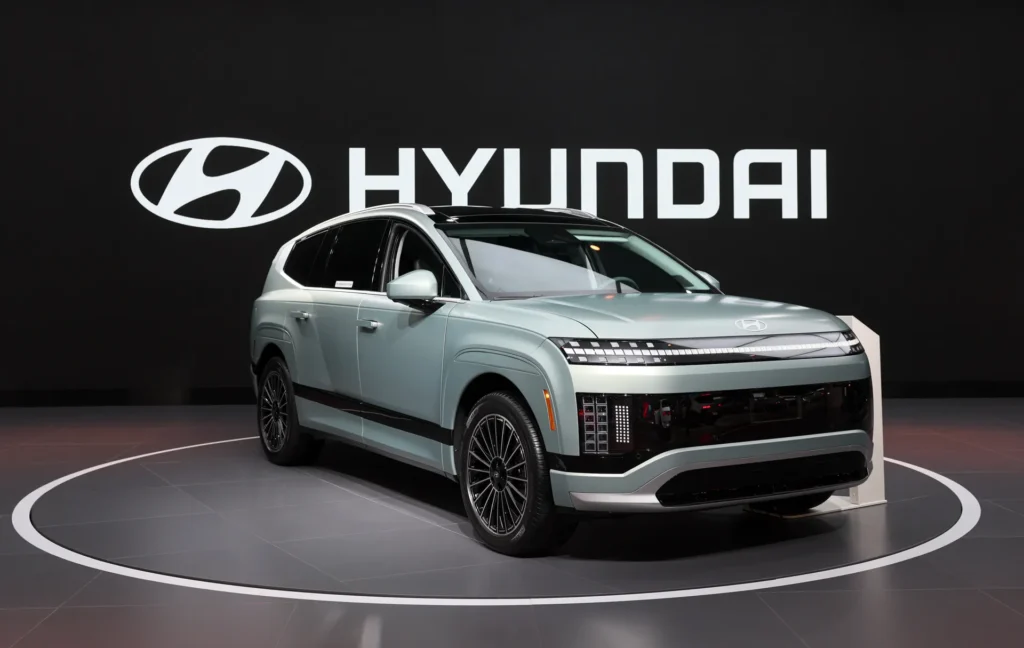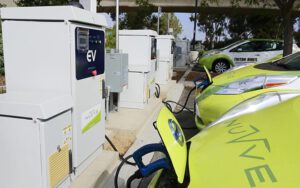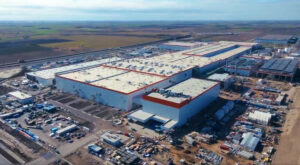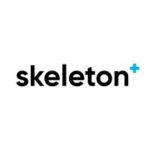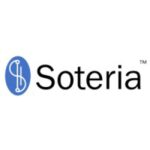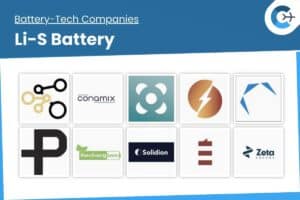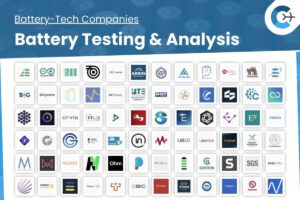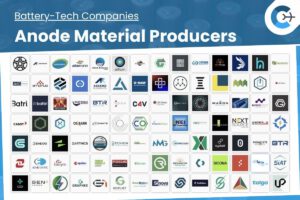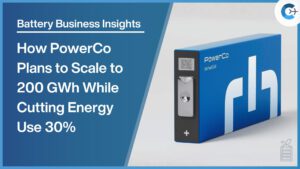Hyundai Motor Group has announced the formation of a dedicated unit aimed at developing its own electric vehicle (EV) batteries, a strategic move responding to advancements by competitors in the EV market. On April 7, the automaker established the B Task Force (TFT) within its manufacturing division. The primary objective of this unit is to create an integrated system that enhances Hyundai’s long-term battery competitiveness.
The B Task Force is composed of Hyundai Motor Group’s leading battery experts and is headed by Executive Vice President Jung Jun-cheul, the head of manufacturing. Key members of the team include Senior Vice President Kim Chang-hwan, who oversees EV energy solutions, Choi Jae-hoon, the head of battery development, along with Lee Woo-sung (electrification energy solutions), Seo Jung-hoon (battery design), and Kim Dong-geon (battery cell development).
Currently, Hyundai and its affiliate Kia source their EV batteries from external suppliers such as LG Energy Solution and SK On. While Hyundai has an internal battery development unit, its role has primarily been to collaborate with partners to adapt external battery products for use in finished vehicles. Some Hyundai and Kia models, including the Kona Electric, Casper Electric, and Kia EV3, already feature batteries co-developed by Hyundai Motor Group and LG Energy Solution. Additionally, the two companies initiated a joint battery cell venture, HLI Green Power, in Indonesia last July.
Industry analysts view Hyundai’s establishment of the B Task Force as a strategic response to recent technological advancements by Chinese EV manufacturer BYD. BYD recently unveiled a battery technology capable of delivering over 400 kilometers of range with a five-minute charge, positioning it ahead of global rivals such as Tesla and Mercedes-Benz. BYD’s rapid charging technology surpasses Tesla’s Supercharger, which provides 320 kilometers of range after 15 minutes, and Mercedes-Benz’s system, which delivers 325 kilometers with a 10-minute charge.
The introduction of BYD’s breakthrough technology has had significant market implications, including a notable drop in Tesla’s stock value. In contrast, in-house battery development offers automakers like Hyundai the potential to reduce procurement costs and lower EV prices. BYD has achieved substantial market success by offering affordable EV models built on its proprietary battery technology, highlighting the competitive advantage of internal battery development.
An industry insider commented, “If you rely on outside suppliers, there’s a limit to how much you can bring prices down. That’s why companies like Mercedes-Benz and Hyundai are now betting big on internalizing battery technology.” Hyundai’s move reflects a broader industry trend towards enhancing battery capabilities and reducing dependency on external suppliers to maintain competitiveness in the rapidly evolving EV market.
Source: The Chosun Ilbo

